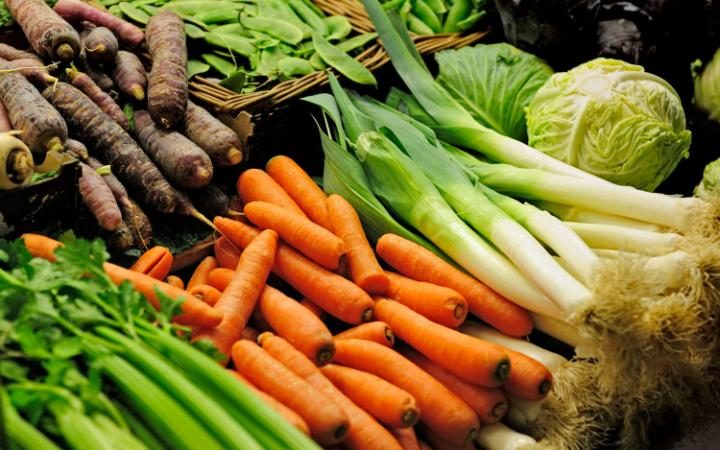Written by Sam Quinn for the Telegraph
The number of vegans in Britain has risen by more than 360 per cent over the past decade, according to a new survey that shows record numbers of people are avoiding food derived from animals.
Some 542,000 people aged 15 or over – more than one per cent of the population – have adopted a plant-based diet, up from 150,000 in 2006. According to the Vegan Society, the survey proves that veganism is now one of Britain’s “fastest growing lifestyle movements”.
The poll of almost 10,000 people, carried out by Ipsos MORI in for the Vegan Society and Vegan Life magazine, is the largest ever aimed at quantifying the number of vegans in Britain.
The perceived health benefits of a vegan diet are thought to be driving the trend. Advocates of plant-based eating say vegans typically have lower levels of cholesterol and blood pressure, a lower body mass index, and reduced risk of death from heart disease and cancer. Environmental and welfare issues are also contributing to the swelling numbers turning away from food sourced from animals.
“To have over half a million vegans in Britain is fantastic,” said Jasmijn de Boo, chief executive officer of The Vegan Society. “More people than ever are now acting upon the health and environmental benefits of veganism, and finding out what really goes on in the meat and dairy industries and deciding they do not want to contribute to the pain and suffering of animals.”
Celebrity vegans like Ellie Goulding, Jennifer Lopez and Liam Hemsworth also appear to be having an influence, with the survey showing that young people in particular are giving plant-based diets a go. Close to half of all vegans are aged 15–34 (42 per cent), according to the poll, compared to 14 per cent aged over 65. The vast majority of vegans live in urban areas (88 per cent), with almost a quarter (22 per cent) in London. The poll also shows there are now 1.14 million vegetarians aged 15 and over in Britain.
A vegan diet excludes meat, seafood and dairy, as well other foods produced using animals, such as honey, and wines, beer and cider filtered using animal products. Veganism was once seen as an extreme, restrictive eating regime, but attitudes are changing. Many supermarkets now stock own-brand vegan products, and increasing numbers of high street restaurants and cafes now offer vegan options. Last month, sandwich and salad chain Pret A Manger announced one of its Soho branches would only offer vegan and vegetarian food during a month-long experiment in June, with the possibility that more meat-free branches would follow.
According to Vegan Life magazine’s Keith Coomber, attitudes to vegans are changing thanks in part to an increasingly positive portrayal in the media. “It’s no longer an extreme lifestyle, it’s easy and accessible,” he says. “You can walk into any supermarket and be confronted by a huge range of dairy-free milks and other vegan-friendly products.
“As consumers become more savvy about the reality of the farming industry, and the health implications of meat and dairy products, this boom will only continue.”




















